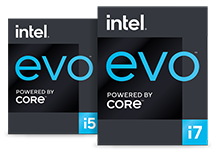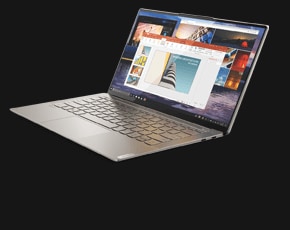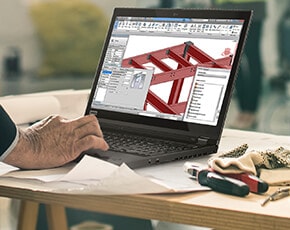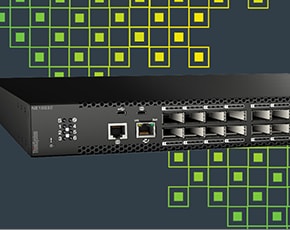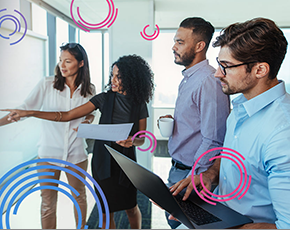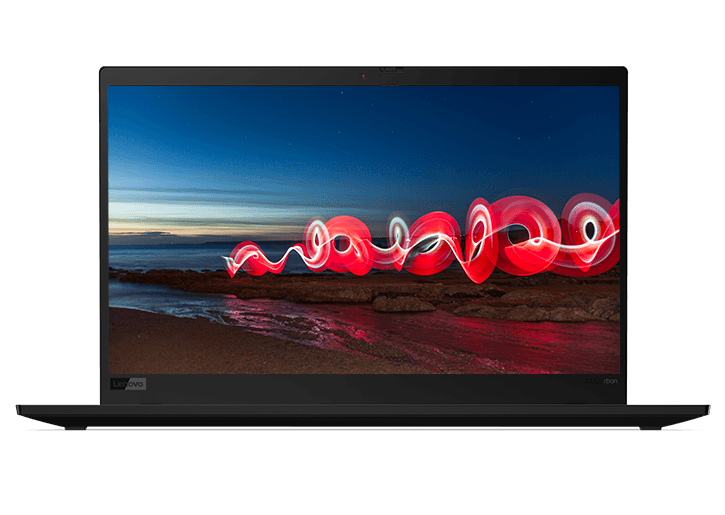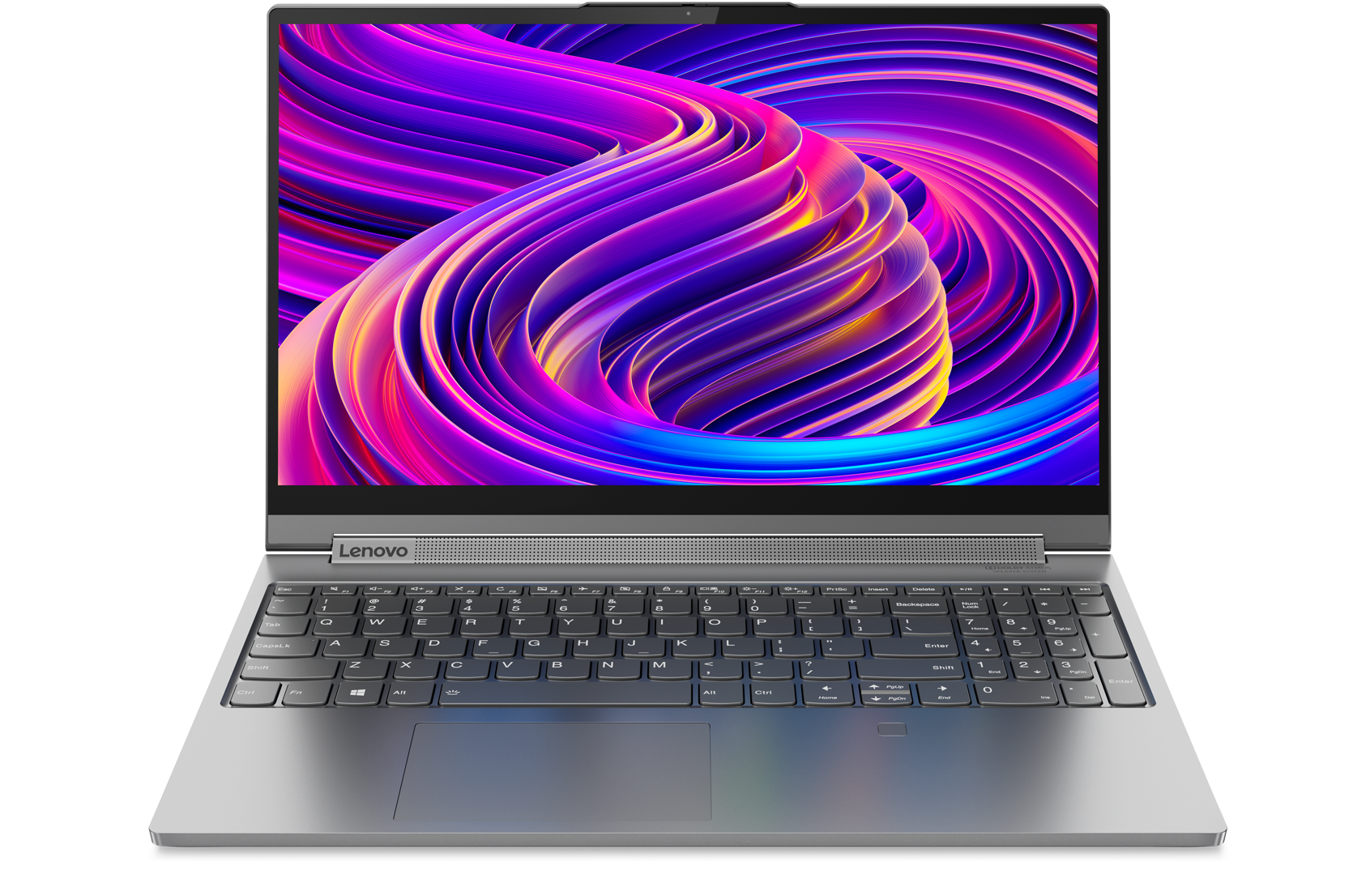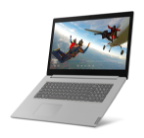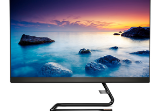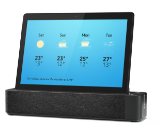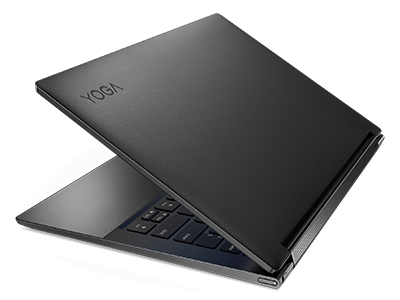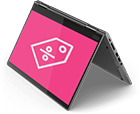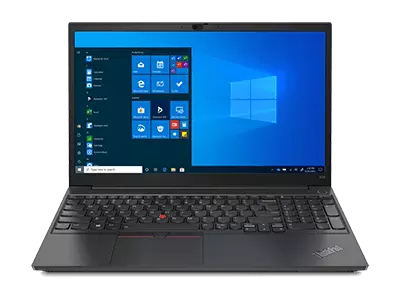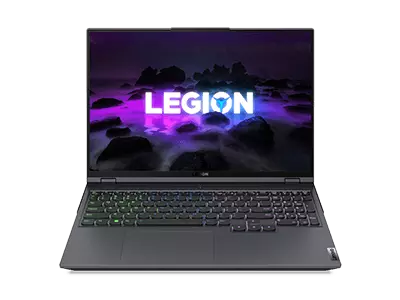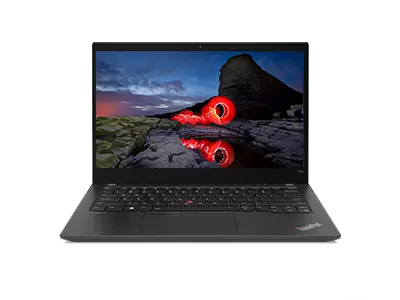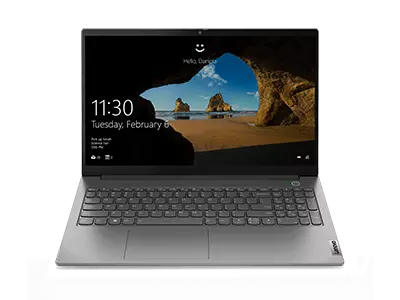What is a Tablet PC?
Whether you’re considering a tablet PC for business or personal use, it’s important to understand the basics. Smaller than a laptop, but bigger than a smartphone and any way you dice it, tablet PCs are portable, touch screen devices that have gained a lot of support over the last few years. Popularized by their user-friendly interface, there are now dozens of high-performance tablets on the market, offering users a unique, enjoyable experience when interacting with and browsing the Web.
Popular uses for a tablet PC include viewing presentations, video-conferencing, reading e-books, watching movies, sharing photos and more. While all tablet PCs look similar from the outside, there are subtle yet significant differences between each model such as its operating system, speed of data connectivity, camera specifications and battery life.
Tablet PCs run on a variety of operating systems, like Android Jellybean, an open-source OS built by Google, and tablets running on Windows 8 are seeing a dramatic increase in popularity. Each operating system has a proprietary app store, from which users can download hundreds of thousands of applications, extending the tablet’s functionality. Apps range from games to music production suites, and they utilize the tablet’s touch screen to provide an experience very different from the one received on a laptop.
While it’s possible to type directly on the surface of a tablet, some users prefer a wireless or Bluetooth-connected keyboard. More tablets are now offered with optional docking stations with keyboards, transforming the tablet into a full-featured netbook.
Tablet PCs have different data connectivity options including 3G, 4G and Wi-Fi. Users who wish to access data on-the-go might consider a dedicated data plan for their tablet device, while others may opt to connect only over Wi-Fi. Many new smart phones provide Internet tethering capabilities, which, combined with a standard data plan can allow connectivity almost anywhere.
Important features to consider are the size of the screen, processing power, battery life and storage capability. Battery life varies greatly depending on bandwidth usage, processing power and applications used. Games, movies and video-conferencing will decrease battery life significantly, and there’s speculation that Internet connections consume more battery than Wi-Fi. A smaller screen means that the device can be transported in a purse or small bag, whereas a larger screen makes the device heavier, and less portable.
All tablets include some form of internal storage but if you find yourself needing more, most models are able to have additional space added for a relatively low price.
What is a tablet PC good for?
Tablet PCs are great options for individuals who enjoy browsing the Web, keeping in touch with friends and family on popular social networks, sending emails and watching movies or playing games. There are thousands of native applications available that transform day-to-day activities like reading the news into immersive, interactive experiences.
A tablet may be able to replace your laptop, if you’re not intent on processor-heavy tasks like editing video or pictures, and with the growth of streaming media services you may no longer have a direct need for a CD or DVD player. It’s the perfect companion for crowded spaces like airports or coffee shops, where size and portability become more important. And it’s a great tool for sitting on the beach and reading a book, newspaper or email without straining your eyes.
Business users are also finding great value in owning a tablet PC. Being more portable than a laptop and able to perform most basic business tasks such as author or edit a document, slideshow or email, tablets have become the preferred productivity enhancement tool for many business professionals. Often much cheaper than a business laptop, a tablet PC is a great alternative tool for note-taking, remote client-meetings and presentations.
